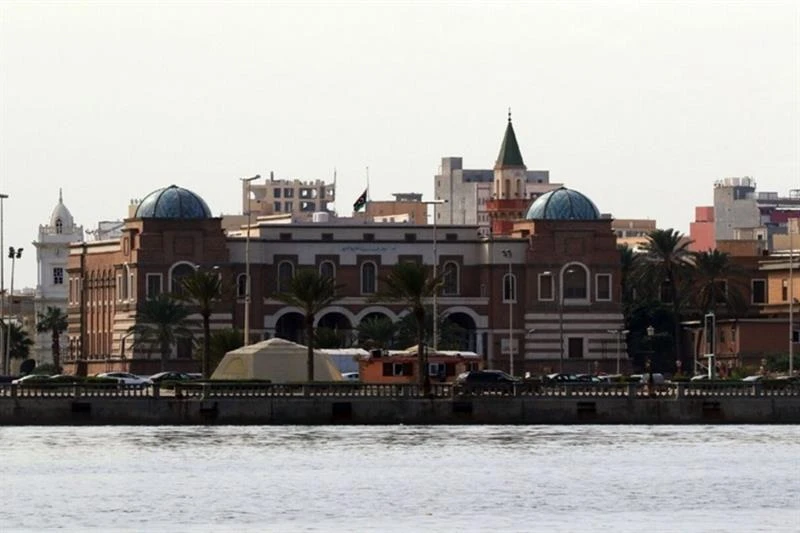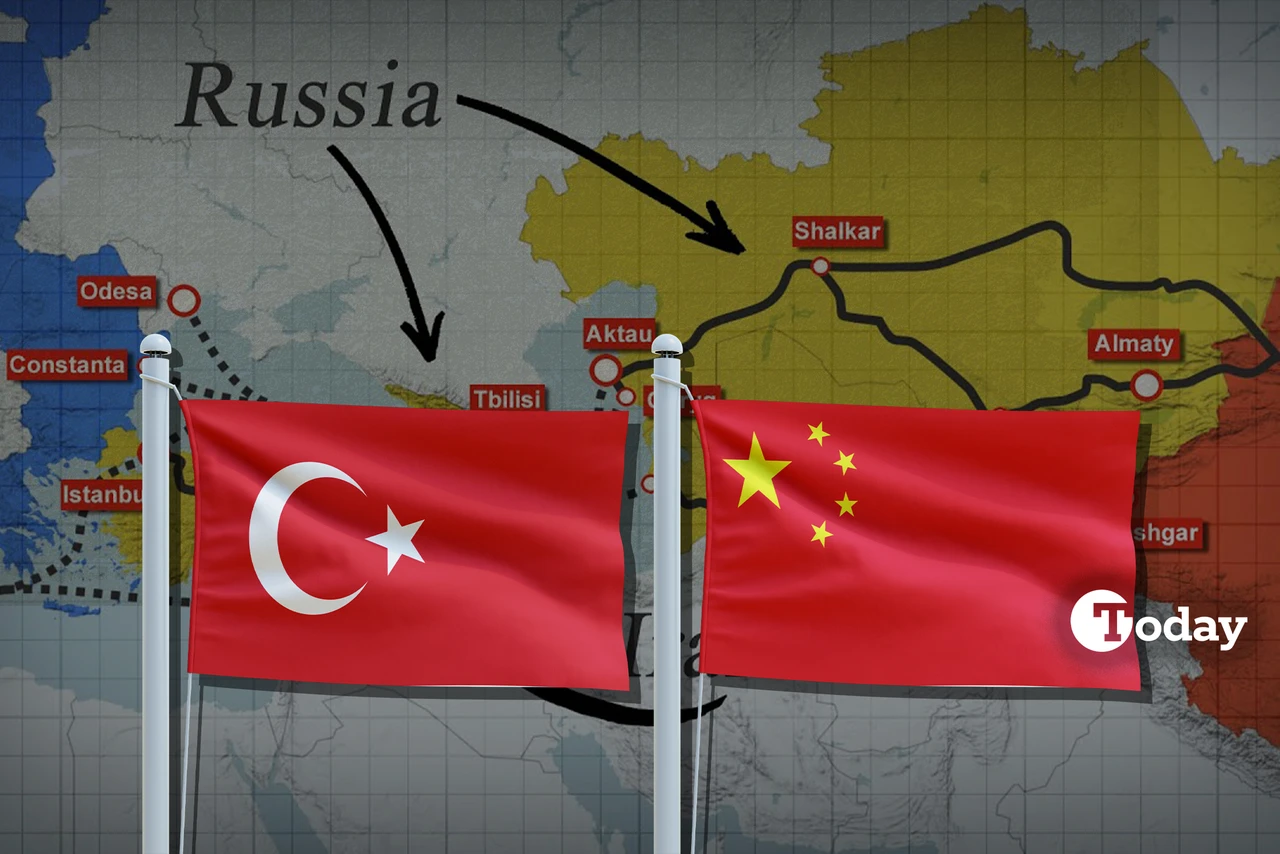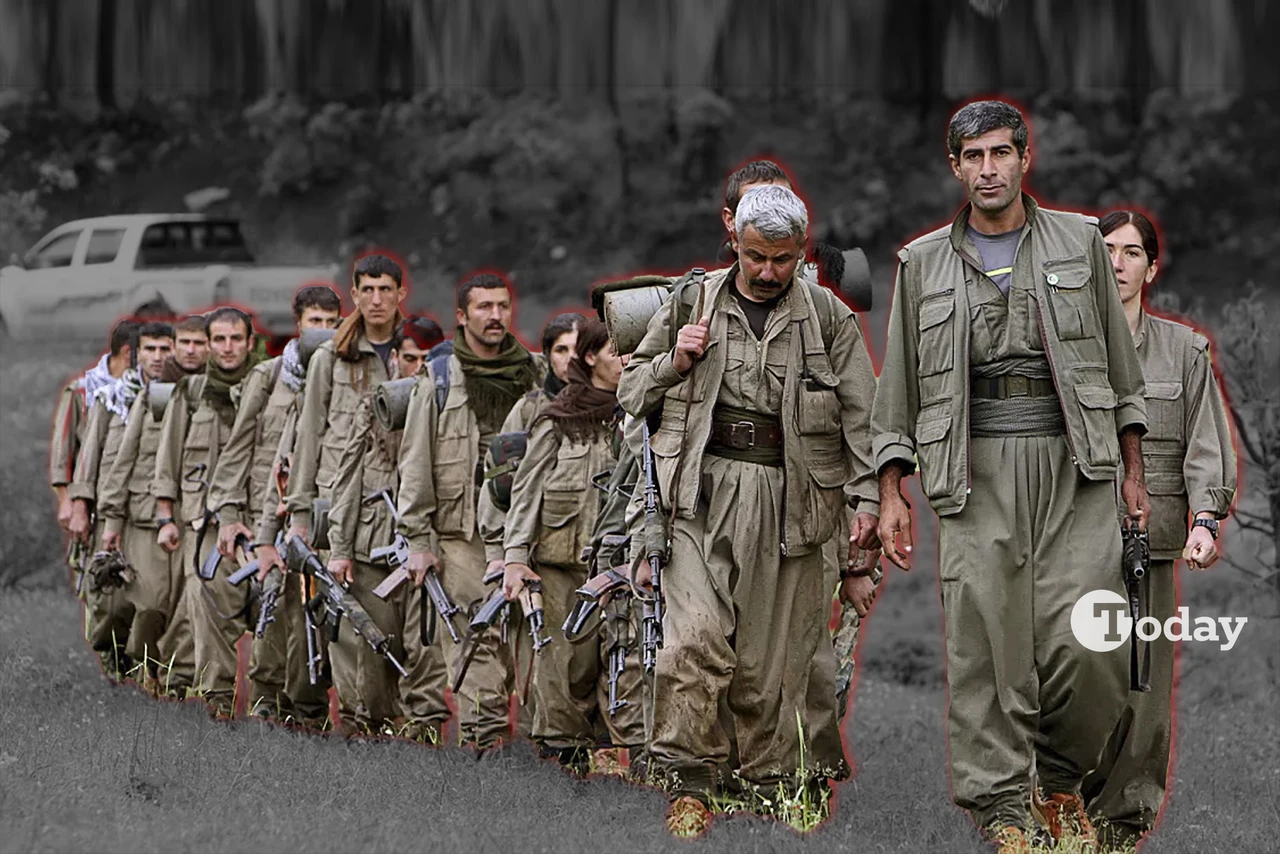Libya’s Central Bank starts operations after IT Director’s release
 A picture taken during a tour with the Libyan coastguard shows the Central Bank of Libya in the capital, Tripoli. (Photo via AFP)
A picture taken during a tour with the Libyan coastguard shows the Central Bank of Libya in the capital, Tripoli. (Photo via AFP)
The Central Bank of Libya has suspended all operations following the kidnapping of its Information Technology Director, Musab Msallem.
The abduction took place on Sunday when unidentified individuals forcibly removed Mr. Msallem from his home in Tripoli. The bank has also reported that other employees have received similar threats of abduction.
According to BBC News, the Central Bank of Libya has started its operations after the release of its Information Technology Director, Musab Msallem on Monday.
Bank’s stance and demands
In an official statement released on Sunday, the Central Bank expressed grave concern over the incident, condemning the abduction and stating that operations would remain suspended until Mr. Msallem is released unharmed.
The bank emphasized the seriousness of the threats against its staff, which have heightened the overall sense of insecurity within the institution.
International concerns
Libya’s ambassador to the U.S., Richard Norland, said last week that the forced replacement of the bank’s top management could lead to the country losing access to international markets. Norland also had a meeting with the Central Bank’s President, al-Kabir.
According to local media, Msallem was kidnapped to force al-Kabir to resign. The central bank is located in an area under the control of the Libyan National Army of General Khalifa Haftar.
Central Bank’s strategic role in Libya
The Central Bank of Libya, though independent, is owned by the Libyan state and is the only internationally recognized repository for the country’s vital oil revenues.
These revenues are central to Libya’s economy, especially in a nation divided between two rival governments: the U.N.-recognized administration in Tripoli and the eastern government based in Benghazi, which is backed by warlord General Khalifa Haftar.
Since 2014, Libya has been split between these two forces, with oil revenues playing a critical role in the ongoing power struggle.
The recent abduction follows a siege on the Central Bank by armed men, reportedly aimed at forcing the resignation of Governor al-Kabir, who has faced criticism over the management of oil resources and the state budget.



